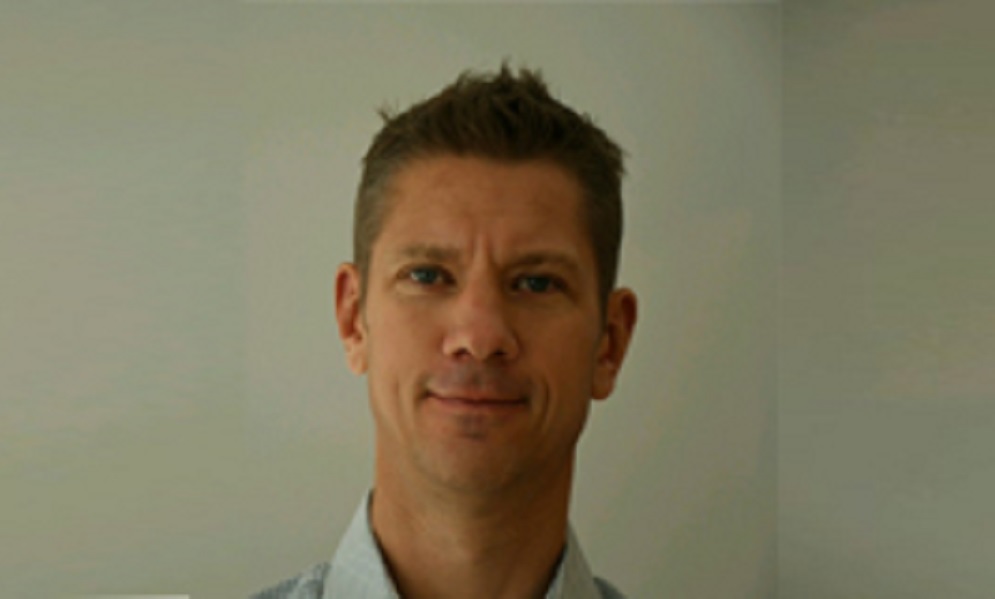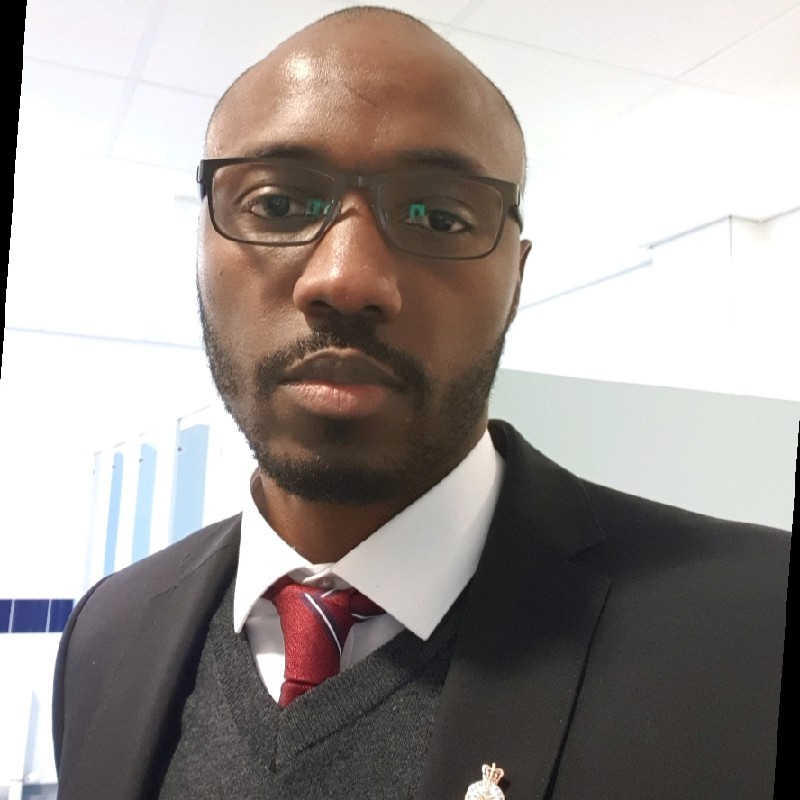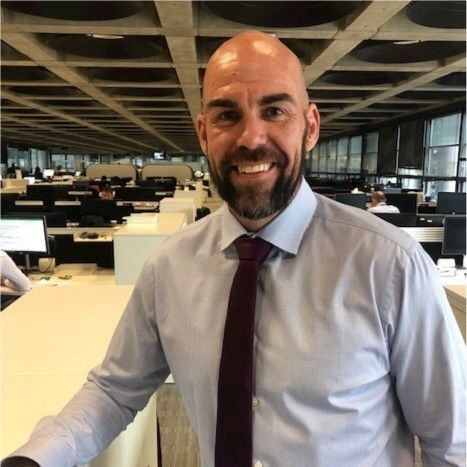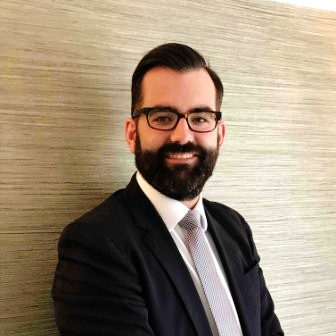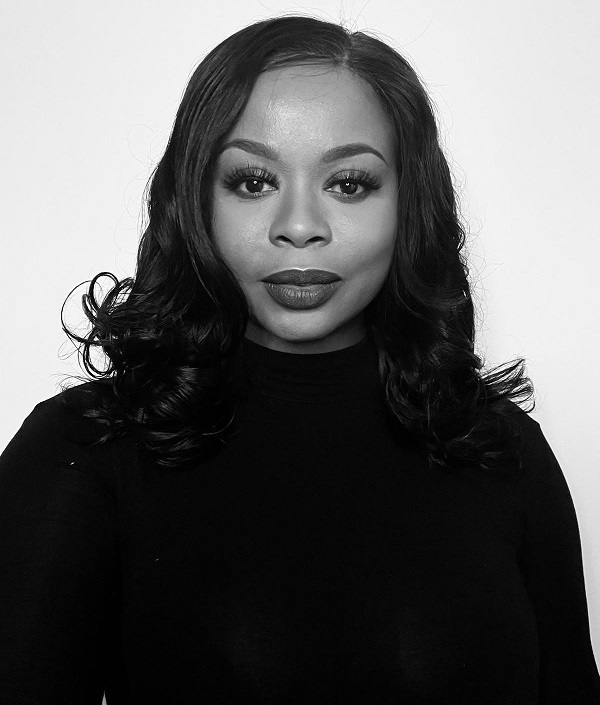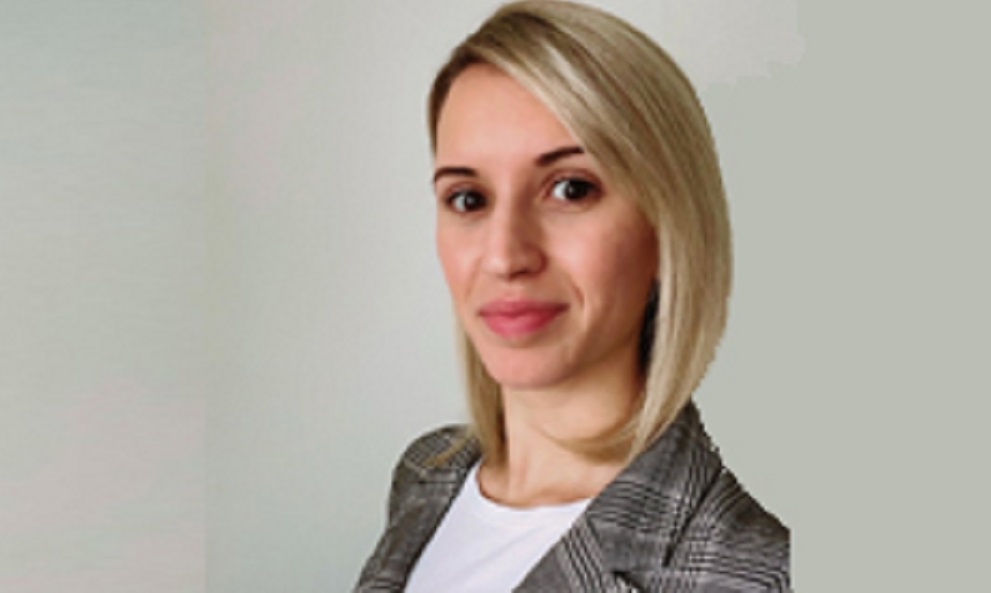Wesley's story
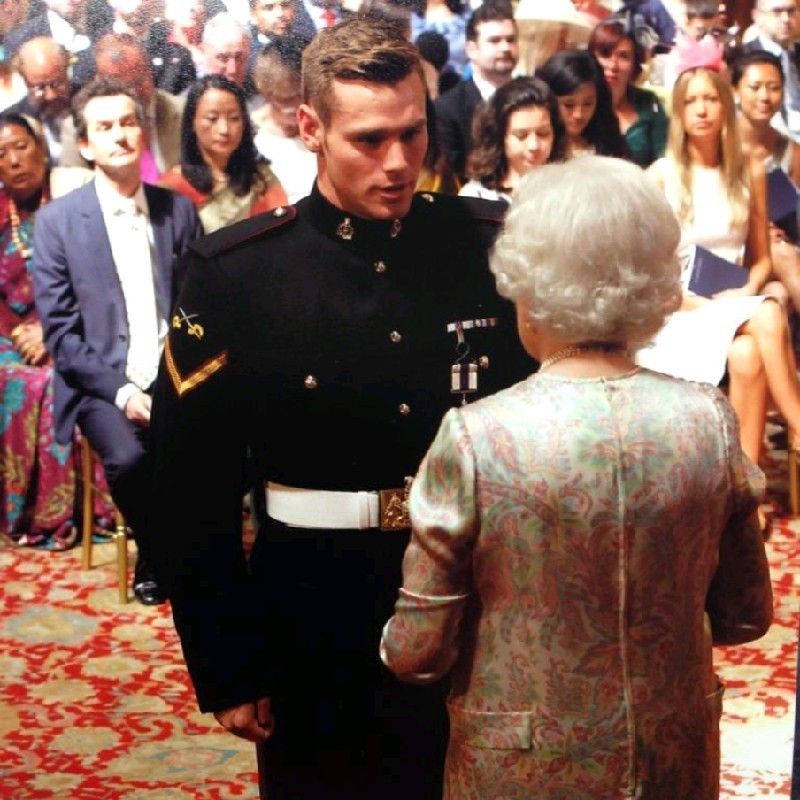
Introducing Wesley
Insurance broker (credit and political risks), WTW

Introducing Wesley
Insurance broker (credit and political risks), WTW
I feel the biggest skill derived from military service most helpful to my career progression is resilience and a positive mental attitude. Leaving the military as a fairly uneducated soldier can be daunting but with a bit of determination, the right attitude and some hard work, I was able to get into my role and succeed once here.Wesley Masters
Service and Corps/Regiment, Rank, last day in Military.
Army; RAMC; Lance Corporal; 31st March 2015
What has been your experience of the LMN Placement Programme? How do you feel it has helped with your transition into the insurance industry?
The LMN placement programme is a useful organisation for service leavers who are considering a future career within financial services. I had been initially looking at the various veterans programmes with financial institutions, however, I was put in touch with the network and had a great first impression of the insurance industry. Insurance is a relationship-based industry, and thus very sociable and the work-life balance is much more friendly than it appeared to be at the banks. I sought a place on the upcoming iteration and I was subsequently introduced to an underwriter within the credit and political risks market, which was where I was to be placed for my first rotation. I had many interests within a number of markets, however this placement seemed as though it was a perfect fit for my interests and career aspirations.
The placement programme is ideal as it isn’t too structured, it maintains a degree of flexibility so candidates can build their network and interview for jobs throughout the placement. It is great at placing ownership of obtaining a full time position on the candidate, which attracts the most driven and capable of individuals toward the industry. This helps the candidate to go on to a successful career with their respective job role/market. I would not have my job if it were not for the LMN internship programme and the opportunity it gave me to succeed using transferable skills I already had from a career in the military (drive, determination, passion, self-discipline, etc.). I was offered a full time position as a broker partway through my second rotation.
Please describe your role and what specific skills you feel you have developed within your military career that assist you in this position?
My role is to work within a team as a credit and political risks broker, and we work predominantly on bank business. I service my clients needs by advising on their risk distribution requirements, place risks into the London Market and maintain active policies. My day-to-day duties include but are not limited to: negotiation and drafting of insurance contracts, draft and manage premium schedules, broking risks to insurance underwriters and provide general advice and support to the client by email/phone/face-to-face meetings.
I think some obvious basic skills that help me day-to-day would be self-discipline, integrity, organisation, etc., however, I feel the biggest skill derived from military service most helpful to my career progression is resilience and a positive mental attitude. Leaving the military as a fairly uneducated soldier can be daunting but with a bit of determination, the right attitude and some hard work, I was able to get into my role and succeed once here. I believe this is something I picked up from operational tours, the attitude that there’s no distance too far, no mountain too high and no cuff too tough enabled me to step up immediately on day one with a big game mentality. Additionally, the adaptability to be dropped into any environment and perform is something the military demands of you, often with unparalleled risk, and so this was very helpful experience to have when I turned up day one in the City.
What is the best bit about your job in the insurance industry and how does that compare to the military?
The best parts of my job are that it demands the best from me; the team around me are high performers; it’s a very interesting area of insurance to me and my management team are very supportive of personal development courses. This differs from the military insomuch as, I found I got to a point in my military career where I was being hindered from attending personal development courses, attending special forces selection courses and I felt I wasn’t being challenged anymore. Additionally, the purpose you feel when deploying on operations and helping people around the world appeared to come to an end when I returned from Afghanistan in 2013 and so I signed off in 2014. A key part of my job that I love now, is when we can help facilitate a transaction in a particularly difficult country by placing a portion of the client’s risk into the insurance market; I have seen first hand the benefits direct investment can have on a country and what that means for the local population.
What’s been the biggest challenge for you moving from the military to insurance?
I think the biggest challenge for me was leaving the blokes behind at camp and moving to London on my own. I do think it was a good time to start taking my life and future career a little more seriously, and most of my friends have all left the military now anyway. However, at the time it was very challenging mentally to see the guys still deploying on exercises around the world and moving on without me. It was probably around two years post discharge while I was at university where I realised there wasn’t something quite right, and so I took the appropriate steps to manage my mental state accordingly. It was important for me to find new hobbies and interests, and a completely new support network. Everyone is different and requires different coping mechanisms, it was a very challenging process to find what worked for me which really made it so much sweeter when I came through the other side a much stronger and more capable individual.
What advice would you give service leavers looking to pursue a career within the insurance industry?
There are no closed doors, you are worthy of success but no one is going to just give it to you. I was guilty of thinking Close Protection was my only option of earning good money on civvie street, which is just not true. Keep your values and standards, work hard and the wins will come in whatever you decide to do. Network until your eyes bleed, make sure your CV and LinkedIn are air tight, and if you see a job you may be interested in then contact a veteran that does that job and ask them for a coffee to discuss it. Every person you meet you should ask them for the details of two other people you can speak to next. In conclusion, I would advise them to be professional, to believe that anything is possible and to be persistent.
